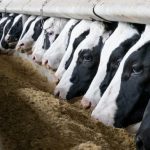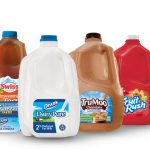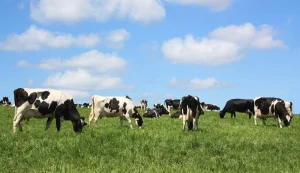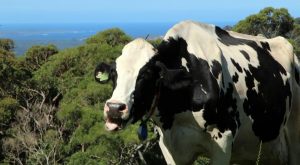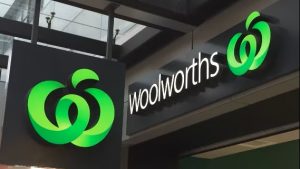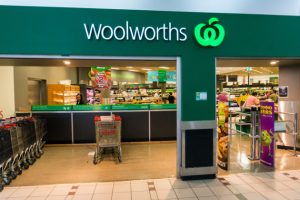
Mr Littleproud was speaking at a Rural Press Club of Victoria webinar.
“You only have to look at barley,” Mr Littleproud said.
“If governments regulate, or are seen to regulate a price of any commodity, our trading partners will do exactly what they have done on barley.
“They will say that there is something wrong with the trade agreements we have put in place and we are not living up to the terms and conditions of these trade agreements.”
He told the webinar, those agreements were predicated on the fact Australia did not subsidise its farmers, or regulate prices.
“If you are grain producer, a beef producer, a cotton producer, you are then opening up the whole Australian agricultural sector up to trading partners testing how we treat Australian agriculture,” Mr Littleproud said.
“When you regulate a price you are saying to the market, you are interfering in that market and when you want to trade with a market that’s external to Australia they have every right to say that is not fair and we will we will subsequently live within our rights and impose a tariff on it.”
Mr Littleproud doubled down on his criticism of the supermarket sector, while acknowledging there had been a slight lift in milk prices this week.
“There are still some international pressures, but the supermarkets do have a role to play in this,” he said.
“They are the perpetrators of much of the misery in the industry, because they are the ones who bought in $1 a litre milk.”
Supermarkets had the responsibility to work with the government, as they did 12 months ago when they added the 10cents to a litre of milk.
“The supermarkets have tried to put tokenistic gimmicks out there, to try and fool metropolitan Australians they are all caring and all-loving of dairy farmers,” he said.
“They have devalued the industry, and they don’t want to be part of the solution.”
He said he believed there had to be a link, from the supermarket back through the processor, to the farm gate.
“At the moment, the Dairy Code of Conduct is really just from the farm gate to the processor.
“That link we’ve got with the supermarkets is the grocery code.”
Mr Littleproud said he had questions about the code being voluntary.
“When it’s voluntary there’s no stick, if they step out of line, what does the stick look like if they step out of line?
“And it’s not just dairy, this is the problem I also have around supermarkets.
“Dairy is not isolated in its treatment, there has been other industries where I would say supermarkets have not behaved in a way you would think Australians would behave.”
Mr Littleproud said he wanted to avoid unintended consequences of industry reform, which would have an uneven impact on dairy markets.
“And that’s where I think that the challenge is the complexity because of the eight regions that there is, there’s so much complexity in the industry on how do we get to that.”
And he flagged a “roundtable” discussion to understand those concerns.
Mr Littleproud also raised a query about whether the Dairy Code of Conduct.
He said he intended to have discussions with his department, about strengthening, or complimenting, the code.
“I was never of the view this was a silver bullet, this was one of the pieces of the puzzle,” he said.
“It was never a silver bullet, because of the complexity of the market.”
“You are going to see processors will push those barriers, and boundaries, so do we need to strengthen some of those guide rails, to protect dairy farmers?.
‘What are the complementary measures to ensure the value of production, expressed in the market place, flows through to farmers?”
Mr Littleproud said he wanted to engage with the Australian Competition and Consumer Commission to make sure the supermarkets were part of the code, as well.
“Even Coles have come out in their direct prices with their producers as being than many, shows that there is some competitive forces being bought back in but I don’t know whether that’s necessarily got us to the level playing field that we’re looking for yet,” Mr Littleproud said.
“That’s why I’ll be engaging with the ACCC and looking at some complementary measures, and making sure the supermarkets are part of that as well, because they have a role to play in this as well.
Coles, Woolworths and Aldi have been contacted for comment.
